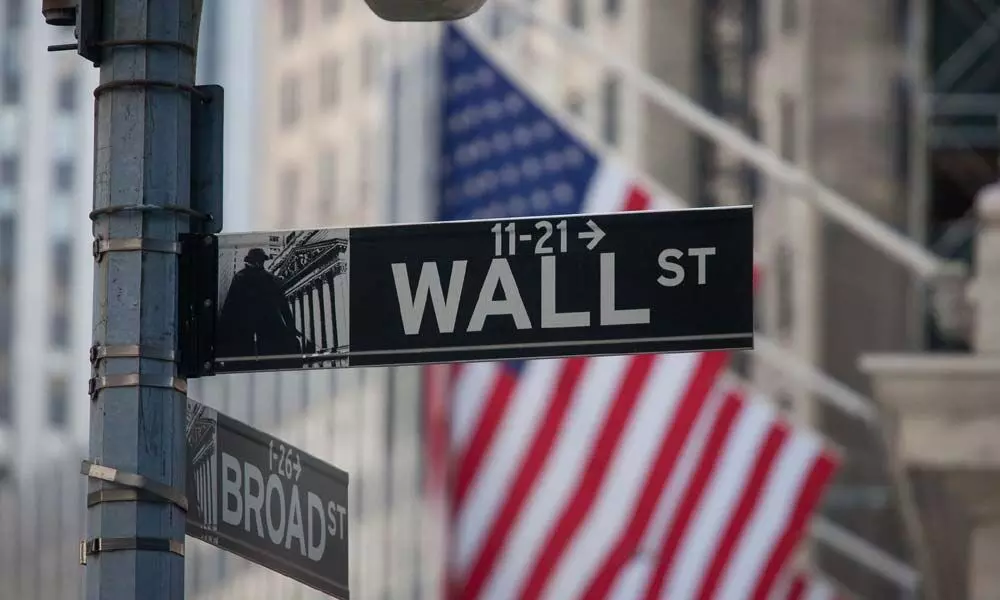The WallStreetBets craziness reminds me of 1999
Its users have swarmed to bid up the prices of stock of GameStop to absurd levels
image for illustrative purpose

There's been a lot of hand-wringing lately over the power of online message boards, such as the subreddit WallStreetBets. Time and again, the boards' users have swarmed to bid up the prices of stocks - GameStop, AMC Entertainment Holdings, BlackBerry - to absurd levels, leading some observers to wonder whether we're entering some kind of financial virtual reality.
Actually, this is nothing new. Stock message boards have been around for nearly 30 years - long before the term "social media" was adopted. I wrote a story in 1999 about how the venues were being used to pump up a tiny, profitless internet company called Imaginon Inc. Then as now, regulators were wondering what, if anything, they should do to rein in the worst abusers.
When the Securities and Exchange Commission has acted, it has usually gone after stock manipulation or so-called pump-and-dump schemes, based on laws that date back to 1934. That was when stocks were traded with real stock tickers and rumors didn't move quite so quickly.
My hope is that the renewed attention being paid to these online communities will result in some thoughtful regulation - something that allows people to express honest opinions about a particular stock or investment strategy, but deters the bad actors. One option would be to eliminate the anonymity that has become a defining characteristic of these venues - so people would know, for example, that DeepF-----gValue, the name that GameStop trader Keith Gill used on WallStreetBets, was actually a registered securities broker in Massachusetts.
It won't be easy. As we've already seen with other parts of the internet, companies that provide online boards, such as Reddit, aren't particularly willing or able to figure out which posts are problematic. Monitoring activity in real time to prevent crazy swings seems downright impossible. As we've seen with efforts to crack down on the communications of right-wing extremists in the wake of the attack on the Capitol, locking down one form of communication (Parler) just leads people to others (Signal or Telegram).
Back in 1999, when I wrote about message boards and Imaginon, the director of governmental relations for Yahoo said "We're just not going to censor to deal with a few kooks." Of course, censorship should not be taken lightly. But the "few kooks" from 22 years ago have metastasized into a force that is moving the markets in ways that nobody anticipated.
Yahoo and the other popular boards of yore - Raging Bull, Silicon Investor, and Motley Fool - averaged fewer than 10,000 posts a day each. It's not uncommon for some threads on WallStreetBets to attract 10 times that number. And that's just one venue. All the old boards are still around and there are many more forums, including Twitter, YouTube and TikTok. Trading stocks and especially options used to be a lot trickier and expensive, too. Now anyone can do it on Robinhood and other apps, for free. (Bloomberg)

